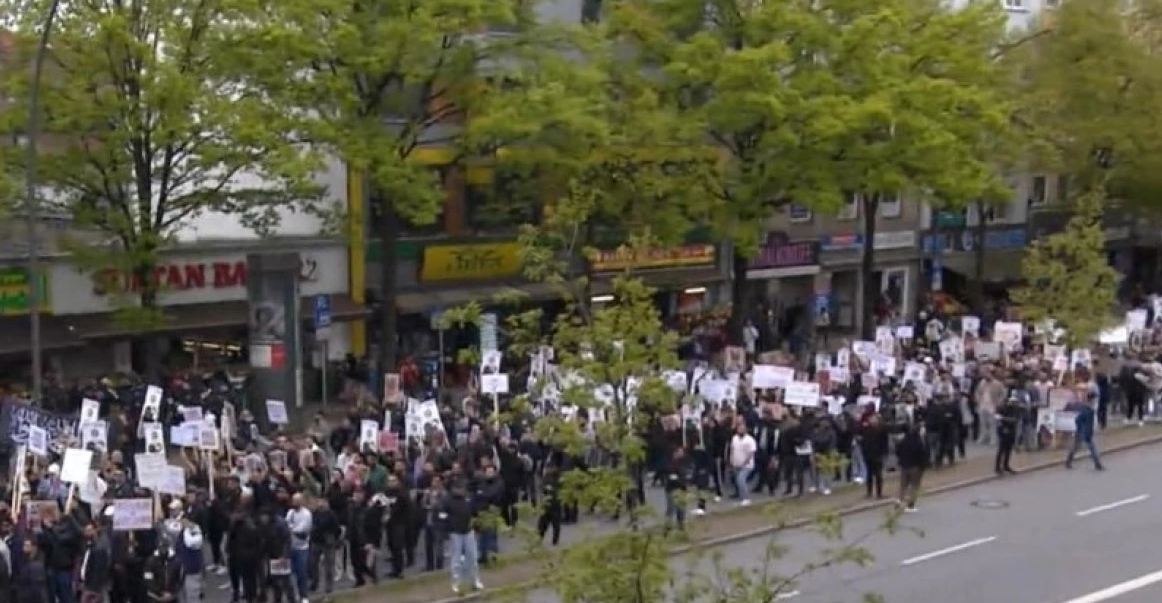The heavy perils we face today include centralized governments micromanaging society, the growing prospect of global war, the growing prospect of forced surrender, and the replacement of reasoned debate and free speech with state-sanctioned “narratives” and censorship: totalitarian governance seems not far behind. This is a new kind of war against civilians for control of their minds.
The torrents engulfing us appear to be potentially catastrophic. In a few short years, the world has endured the COVID-19 pandemic, forced government lockdowns, extreme economic volatility, commodity shortages, and the World Economic Forum’s attempts to exploit this cascade of crises as an excuse to usher in a structural “Great Reset” in which global food and energy consumption can be strictly regulated according to the “climate change” goals of an unelected cabal. Governments are relying increasingly on controlling public “narratives” and vilifying dissent.
While health bureaucrats and politicians claimed to be “following the science,” mandatory compliance with unilateral rule-making precluded reasoned, good-faith debate. The predictable result: the lethal consequences of the Wuhan Virus were exacerbated by the lethal consequences of misguided public policies imposed to fight the virus. Students whose schools were shuttered now suffer the lifelong effects of learning loss. Patients whose timely diagnoses and preventative care were forestalled now suffer the debilitating outcomes of untreated disease. Small businesses unable to endure prolonged closures are gone for good. Middle class savings once reserved for unexpected “rainy day” funds or children’s future educations have dried up. Credit card debt is on the rise, while more and more people struggle to survive on less. The “safety nets” of government welfare programs have ballooned to leave nation states more indebted than ever but have also proved too perforated with leaky holes (often draining needed resources straight into the bank accounts of corporate campaign donors, interest group lobbyists, and foreign hackers) to keep society’s most vulnerable afloat. Governments’ justifications for reckless fiscal, monetary, and credit policies during short-term emergencies have weakened nations’ prospects for long-term solvency and the likelihood that they will be capable of preserving stable currencies. Still, for all the harms their actions have caused, governments have issued no apologies for enforcing such life-altering policies while silencing critics. It is as if “narrative engineers” have adopted an official position that they are incapable of being wrong.
Five ways George Orwell’s “1984” predicted modern day society
Geopolitical conflict is wrenching the post-WWII international order apart. While America’s and the European Union’s “climate change” policies have already inflated the costs of energy, food and much else, Russia’s invasion of Ukraine has only added to ordinary Europeans’ financial pain and jeopardizes the continent’s security more broadly. China’s territorial ambitions threaten peace in Taiwan, Japan, across Southeast Asia and beyond. The United States’ efforts to enlarge NATO’s European membership, while expanding its mission objectives into the Indo-Pacific, all but ensure that the U.S., China and Russia remain on a collision course.
Read more: Gatestone Institute








































